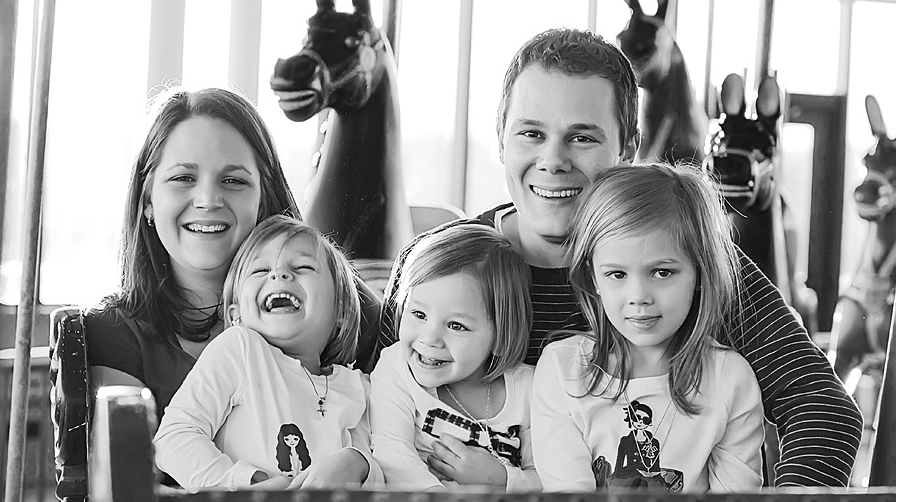Maddie's Story
Madeline Musto, age five, an independent, kind and mature kindergartener was diagnosed with an inoperable brain stem tumor - known in the medical world as DIPG. In moments, our visions of boyfriends, proms, driving lessons and grandchildren became thoughts of how long, how come and how can we prepare our baby for heaven? Our doctor said, “Enjoy this time, even though it is hard, make the best of it. You will have a LONG time later to grieve and be sad.” This statement, in a way, determined our state of mind when we left the hospital. Life would be lived the way Madeline would love, filled with family, friends, crafts and adventures - a life of ‘best days ever’.
In the five days we were granted we accomplished many best moments, many best days ever. Madeline made her First Communion and Confirmation, followed by a reception with friends and family. After the reception, our whole family stayed in dream house in Lake Placid and enjoyed a wonderful family vacation.

Up to the very last moment, Madeline was surrounded by her sisters - her best friends from God. On February 8, 2012 Madeline entered heaven so peacefully. She knew and assured us that she would show her presence and promised to take care of her sisters. We promised to always love her and live our lives full of ‘best days ever’. Madeline taught us and thousands of others more in a few days and years than most can teach in a lifetime.
About Diffuse Intrinsic Pontine Glioma
Diffuse Intrinsic Pontine Glioma, or DIPG, is a very rare, incurable brain stem tumor. A pontine glioma occurs in a most delicate area of the brain stem (the “pons”), which controls many critical functions, including breathing. Its location, as well as its infiltrating pattern, means a pontine tumor cannot be safely removed through surgery. Chemotherapy is frequently ineffective, since anti-cancer drugs cannot cross the blood-brain barrier and reach the tumor. Radiation is the most common treatment, but unfortunately the benefit is only temporary and does not provide a cure. There are about 200 new cases of DIPG diagnosed each year, usually in children under the age of 10. Each of those new cases represents a devastated family struggling to find a cure for their child, but the odds are against them. Survival time for a child diagnosed with DIPG is measured in months, and there has been no significant increase in survival rates over the past three decades. Learn more by visiting: http://www.cornellneurosurgery.org/ways_to_give/dipg.html


